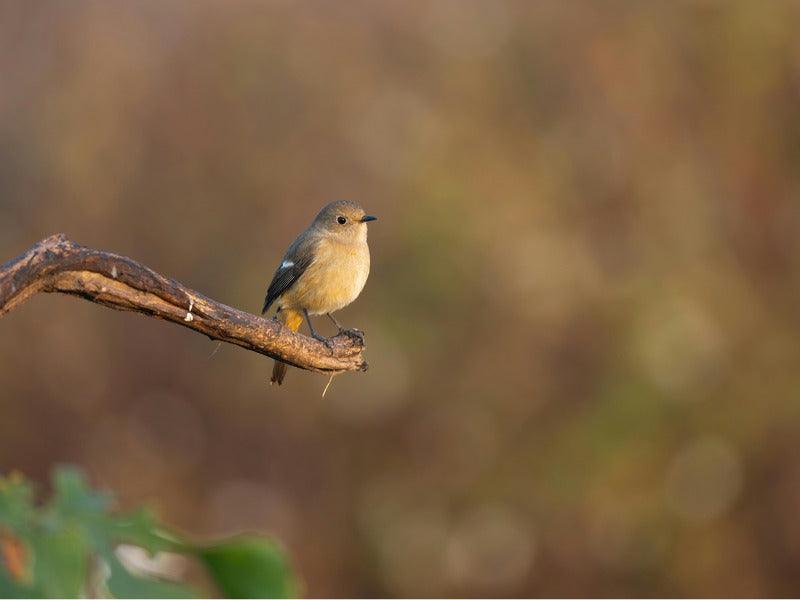Bird eggs hold a fascinating mystery. The moment an egg is laid, a new life begins to develop inside, and nature takes over the process. Watching eggs hatch is one of the most rewarding experiences, whether in the wild, in an aviary, or even at home with domesticated birds. But the big question is: how long does it take for bird eggs to hatch?
The answer depends on the bird species. Some birds hatch in just over a week, while others take more than a month. Factors like incubation temperature, egg size, and parental care all influence the time it takes for a chick to break free from its shell.
How Incubation Works
Incubation is the period when parent birds keep their eggs warm, allowing the embryos inside to develop. Most birds use their bodies to maintain the right temperature, while some rely on external heat sources, like warm sand or decomposing vegetation. The incubation process begins once the parent starts sitting on the eggs consistently.
The length of incubation varies widely. Some small songbirds hatch in about 10 days, while larger birds like eagles or albatrosses may take up to two months.
Also read: How to Get Rid of Noisy Miner Birds?

Average Incubation Times for Common Australian Birds
Every bird species has a unique incubation period. Here’s a general guide to some common birds found in Australia:
Small Birds (10–14 days)
Small birds tend to have shorter incubation times. Their eggs are smaller, and their rapid development allows for quick hatching.
- Superb Fairy-wren: 12–14 days
- Willie Wagtail: 14–15 days
- Silvereye: 10–12 days
- Welcome Swallow: 14–19 days
These birds often lay multiple eggs at once and begin incubating after the full clutch is laid. The result is that all chicks hatch around the same time, increasing their survival chances.
Medium-Sized Birds (14–21 days)
Birds that are slightly larger generally take a bit longer to hatch. Their eggs are bigger, requiring more time for full development.
- Crested Pigeon: 16–18 days
- Rainbow Lorikeet: 23–26 days
- Magpie-lark: 17–18 days
- Galah (Pink and Grey Cockatoo): 24–30 days
Most medium-sized birds are attentive parents, incubating their eggs constantly until hatching time.

Larger Birds (21–35 days)
Larger birds lay bigger eggs, which require more time for the embryos to grow.
- Australian Magpie: 20–21 days
- Sulphur-crested Cockatoo: 25–30 days
- Laughing Kookaburra: 24–29 days
- Tawny Frogmouth: 28–30 days
Many larger birds also have fewer eggs in a clutch but invest significant time and energy into raising their chicks.
Extra-Large Birds (35+ days)
The largest bird eggs take the longest to hatch. Their thick shells protect developing chicks but also require extended incubation periods.
- Emu: 50–56 days
- Black Swan: 35–40 days
- Wedge-tailed Eagle: 42–45 days
- Australian Pelican: 32–35 days
Emus, the second-largest birds in the world, have one of the longest incubation periods. Interestingly, male emus take full responsibility for incubating the eggs and raising the chicks after they hatch.
Also read: How to Stop Birds from Hitting Windows?

What Affects Incubation Time?
Several factors influence how long bird eggs take to hatch. Some birds follow their expected incubation periods exactly, while others may see variations due to environmental conditions.
1. Egg Size
Larger eggs naturally take longer to hatch. They contain more nutrients to sustain the growing chick and require more time for full development.
2. Parental Care
Some birds take turns incubating eggs, while others rely on a single parent. Birds that leave the nest frequently may extend incubation time slightly.
3. Temperature
Temperature plays a crucial role. If the temperature drops too low, development slows down. If it gets too hot, the embryo may not survive. Birds carefully regulate heat by adjusting their sitting position and rotating eggs for even warmth.
4. Humidity
Eggs require a specific level of moisture. Too little humidity can cause eggs to dry out, while too much can affect proper development. Nesting environments naturally provide the right balance, but sudden weather changes can impact incubation.
5. Predation and Disturbances
Birds sometimes leave their nests due to predators or human interference. Prolonged absence from the nest can cool the eggs and delay hatching.

How Do Chicks Hatch?
Hatching is an intense process. The chick inside the egg must break through the shell using a special egg tooth—a small, sharp projection on its beak.
Stages of Hatching:
- Internal Pipping: The chick starts breathing inside the egg by breaking into the air cell.
- External Pipping: The chick cracks a small hole in the shell from the inside.
- Rotating and Pecking: The chick slowly rotates and pecks along the shell, creating a weak spot.
- Breaking Free: With a final push, the chick kicks and stretches to break out completely.
This process can take several hours to a full day. It’s exhausting for the chick, but once free, it rests and dries before gaining the strength to move around.
What Happens After Hatching?
Once hatched, chicks rely entirely on their parents for warmth, food, and protection. Some birds, like Australian wood ducks and emus, hatch with open eyes and the ability to walk almost immediately. These are precocial birds. Others, like fairy-wrens and magpies, hatch blind and featherless, completely dependent on their parents. These are altricial birds.
For the first few days, parent birds feed their chicks frequently, often bringing regurgitated food. Growth happens rapidly, and within weeks, most chicks are ready to leave the nest.

Final Thoughts
The time it takes for bird eggs to hatch depends on species, egg size, and environmental conditions. Smaller birds hatch within two weeks, while larger birds can take over a month. Parental care, temperature, and humidity all play essential roles in ensuring successful hatching.
Watching eggs hatch is a fascinating process, filled with patience and anticipation. Whether in a backyard nest, a bird sanctuary, or an aviary, witnessing a tiny chick emerge from its shell is always a special moment.

